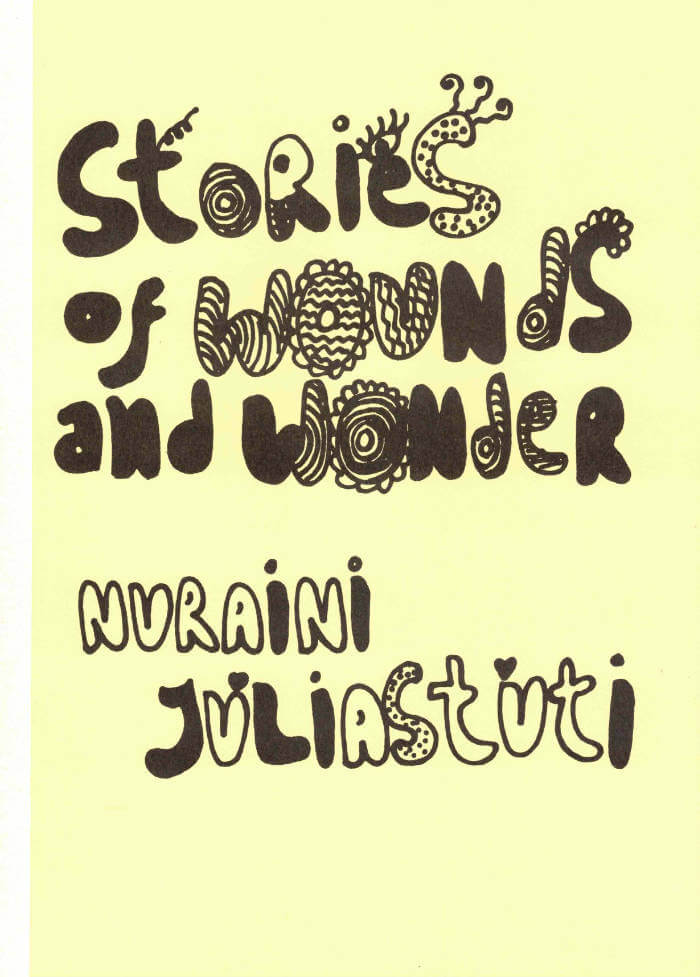
Amateur
Amateur is the first comprehensive publication about Wendelien van Oldenborgh’s moving-image work and accompanying installations. Developed over the past ten years, these works explore communication and interaction between individuals, often set against the backdrop of a unique public location in order to cast attention towards repressed, incomplete, and unresolved histories. Through the staging of these encounters in film, Van Oldenborgh enables multiple perspectives and voices to coexist, and brings to light political, social, and cultural relationships and how they are manifested through social interactions. The publication is generously illustrated and brings together a wealth of texts by artists, curators, and writers who have been key interlocutors with Van Oldenborgh, and offer in-depth observations and reflections on a work from her oeuvre.
Contributors: Nana Adusei-Poku, Ricardo Basbaum, Frédérique Bergholtz, Eric de Bruyn, Binna Choi, David Dibosa, Denise Ferreira da Silva, Avery F. Gordon, Tom Holert, Nataša Ilić, Charl Landvreugd, Sven Lütticken, Anna Manubens, Ruth Noack, Grant Watson.
Design: Julia Born
Publishers: If I Can’t Dance; The Showroom, London; and Sternberg Press, Berlin







.jpg)